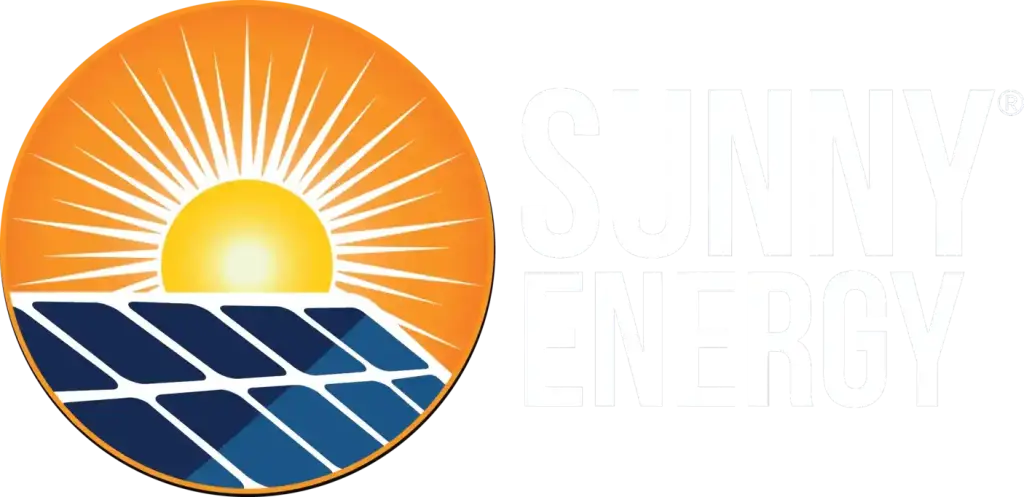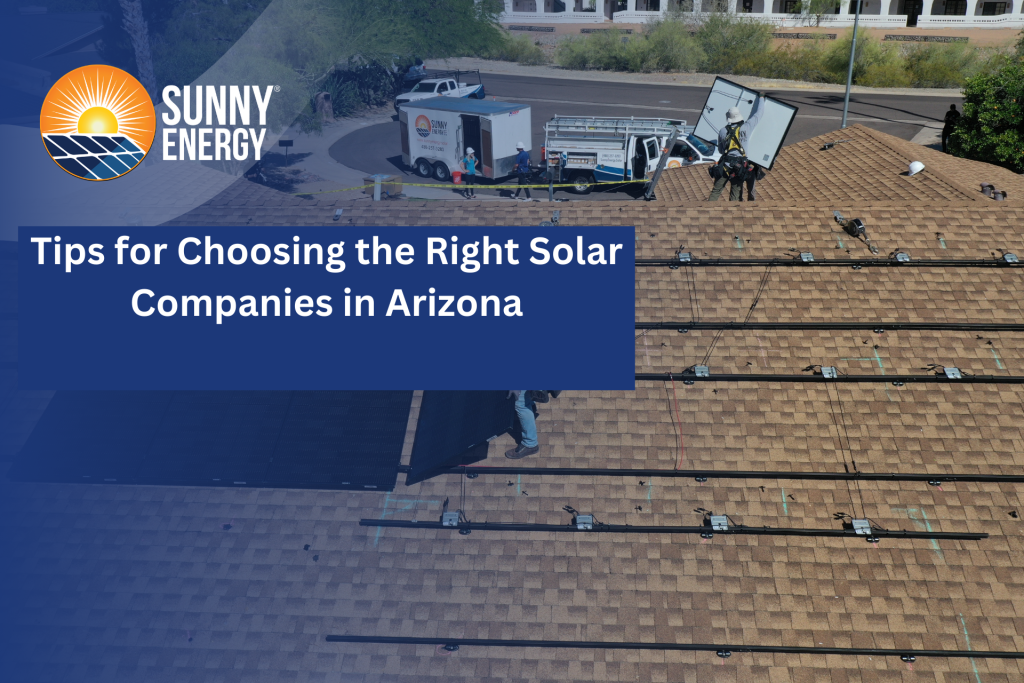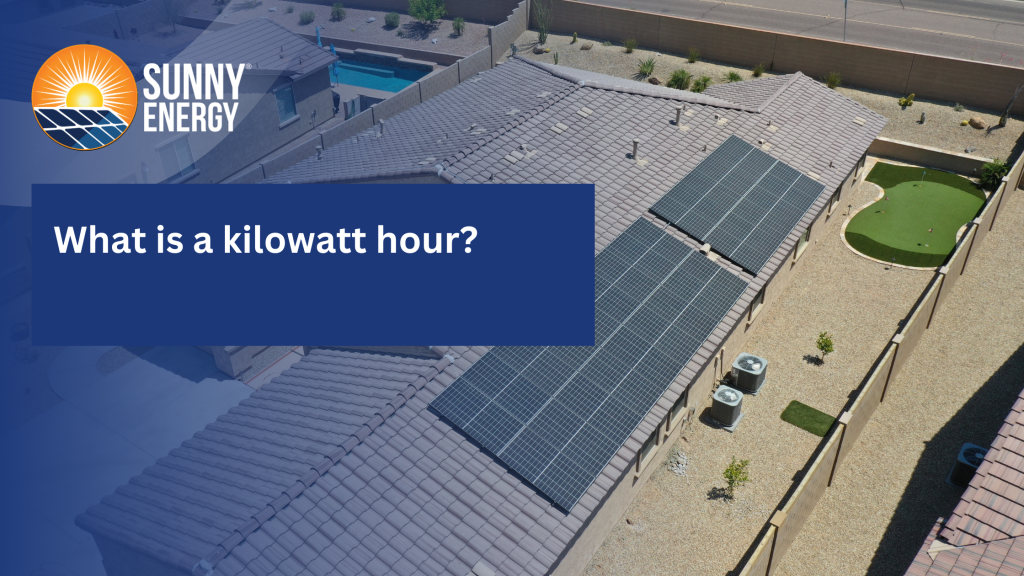Solar panel lifespan represent a significant long-term investment in renewable energy, offering a sustainable and environmentally friendly solution for powering your home or business. These innovative devices harness the abundant energy of the sun and convert it into electricity, reducing your reliance on traditional fossil fuels and lowering your carbon footprint. However, it’s important to recognize that solar panels, like any technology, have a finite lifespan and can degrade over time. This degradation is typically gradual and is influenced by various factors such as the quality of materials, environmental conditions, and maintenance practices.
Understanding the solar panel lifespan and how to maximize their longevity is essential for ensuring that your solar investment remains cost-effective and sustainable. By taking proactive steps to maintain and care for your solar panels, you can extend solar panel lifespan and continue to benefit from clean and reliable power for many years to come. This includes regular cleaning to remove dirt and debris, monitoring for signs of damage or wear, and ensuring proper installation and placement to optimize their performance.
In this blog, we will discuss the solar panel lifespan, do solar panels degrade over time, and tips to make your home solar panels last longer
Overview of solar panel lifespan
Solar panel lifespan is a critical factor to consider when investing in solar energy. Here’s a more detailed explanation of this section:
1. Design solar panel lifespan:
Solar panels are built to last for several decades. Their longevity is influenced by the quality of materials used and the manufacturing process. Most reputable manufacturers offer warranties ranging from 20 to 25 years, indicating their confidence in the durability of their products.
2. Warranty coverage:
These warranties typically guarantee that the solar panels will still produce a minimum of 80% of their rated power output after the warranty period. This means that even after 25 years, your solar panels should still be quite productive, although their efficiency may have slightly decreased.
3. Post-Warranty Performance:
While warranties provide assurance for a specific period, solar panels can continue to generate electricity well beyond their warranty period. Many panels can operate for 30 years or more, although their output may decline gradually over time. Factors such as climate, maintenance, and quality of installation can affect the actual lifespan and performance of solar panels.
4. Reduced Efficiency:
As solar panels age, they may become less efficient in converting sunlight into electricity. This is due to several factors, including degradation of materials and exposure to environmental elements. However, the decline in efficiency is usually gradual, and many panels can still operate at a respectable level even after several decades.
5. Maintenance and Upkeep:
Regular maintenance and care can help extend the solar panel lifespan. This includes cleaning them to remove dirt and debris, inspecting for damage, and ensuring that they are properly installed and maintained according to manufacturer guidelines.
6. Replacement Considerations:
While solar panels are durable, they may eventually need to be replaced. Factors such as technological advancements, changes in energy needs, or significant damage may necessitate the replacement of solar panels before the end of their expected solar panel lifespan.
Overall, solar panel lifespan is a key consideration for anyone looking to invest in solar energy. Understanding the expected longevity of solar panels and how to maintain them can help you make informed decisions about your solar energy system.
Contact Sunny Energy today to schedule a consultation and learn more about how we can help you maximize the solar panel lifespan.
Do solar panels degrade over time?
Yes, solar panels do degrade over time, but the rate of degradation is relatively slow. The most common form of degradation is caused by exposure to the elements, such as sunlight, rain, and temperature fluctuations. This exposure can cause the materials in the solar panels to break down slowly, reducing their efficiency over time. The degradation of solar panels over time is a natural process that occurs due to various environmental factors. Here’s a more detailed explanation of this section:
1. Degradation rate:
Solar panels degrade over time, but the rate at which this occurs is relatively slow. Most solar panels experience an annual degradation rate of around 0.5% to 1%. This means that after 20 years, a solar panel’s efficiency could be around 80% to 90% of its original efficiency.
2. Environmental factors:
The primary cause of degradation in solar panels is exposure to the elements. Sunlight, rain, and temperature fluctuations can all contribute to the breakdown of materials in the solar panels. Over time, these factors can cause the materials to deteriorate, leading to a decrease in efficiency.
3. Mechanisms of degradation:
There are several mechanisms through which solar panels degrade over time. One common mechanism is called “encapsulation degradation,” which occurs when the materials that encapsulate the solar cells degrade, allowing moisture to enter and damage the cells. Another mechanism is “cell degradation,” which occurs when the solar cells themselves degrade due to exposure to sunlight and other environmental factors.
4. Prevention and mitigation:
While some degradation is inevitable, there are ways to prevent or mitigate it. Proper maintenance, such as regular cleaning and inspection, can help identify and address issues early. Additionally, using high-quality materials and proper installation techniques can help reduce the rate of degradation.
5. Impact on efficiency:
As solar panels degrade, their efficiency decreases, meaning they produce less electricity for the same amount of sunlight. However, the decrease in efficiency is typically gradual and may not be noticeable to the average user. In most cases, solar panels continue to produce electricity effectively for many years before the decrease in efficiency becomes significant.
6. Warranty coverage:
Most solar panel manufacturers offer warranties that guarantee a certain level of performance over a specified period. These warranties typically cover issues related to degradation, ensuring that the panels maintain a minimum level of efficiency for the duration of the warranty period.
Three tips to make your home solar panels last longer
Ensuring the the life expectancy of solar panels is key to maximizing the return on your investment in renewable energy. By implementing a few simple tips, you can significantly extend the lifespan of your solar panels and maintain their efficiency for years to come.
1. Regular maintenance:
Regularly inspecting and maintaining your solar panels is crucial for their longevity. Look out for any signs of damage or wear, such as cracks or loose connections. Clean the panels periodically to remove dust, dirt, and debris that can accumulate and reduce their efficiency. Consider hiring a professional to perform a thorough inspection and maintenance check at least once a year to ensure your panels are in top condition.
2. Protective measures:
Installing protective measures can shield your solar panels from harsh weather conditions, such as hail or high winds, which can damage the panels. Consider using a solar panel cover or protective coating to reduce the impact of UV radiation and other environmental factors. These measures can help preserve the integrity of your panels and prolong their lifespan.
3. Optimal placement:
Proper placement of your solar panels is essential for maximizing their efficiency and lifespan. Avoid placing them in shaded areas or near tall structures that can cast shadows and reduce their efficiency. Consider using a solar tracker to orient the panels towards the sun for maximum exposure, further enhancing their performance and longevity.
By following these three tips—regular maintenance, protective measures, and optimal placement—you can significantly extend the lifespan of your home solar panels. With proper care and attention, your solar panels can continue to generate clean and efficient energy for your home for many years, providing a sustainable and cost-effective energy solution.
Conclusion
Solar panels are a reliable and sustainable source of energy, with a lifespan of several decades. While they do degrade over time, proper maintenance and care can significantly extend their longevity. By following the tips outlined above—regular maintenance, protective measures, and optimal placement—you can ensure that your home solar panels continue to increase life expectancy of solar panels.
At Sunny Energy, a leading Arizona solar company, we are committed to helping you get the most out of your solar investment. Whether you’re looking to install new solar panels or maintain your existing system, our team of expert Arizona solar contractors is here to help. Contact us today to learn more about how we can help you maximize the lifespan and efficiency of your home solar panels.




